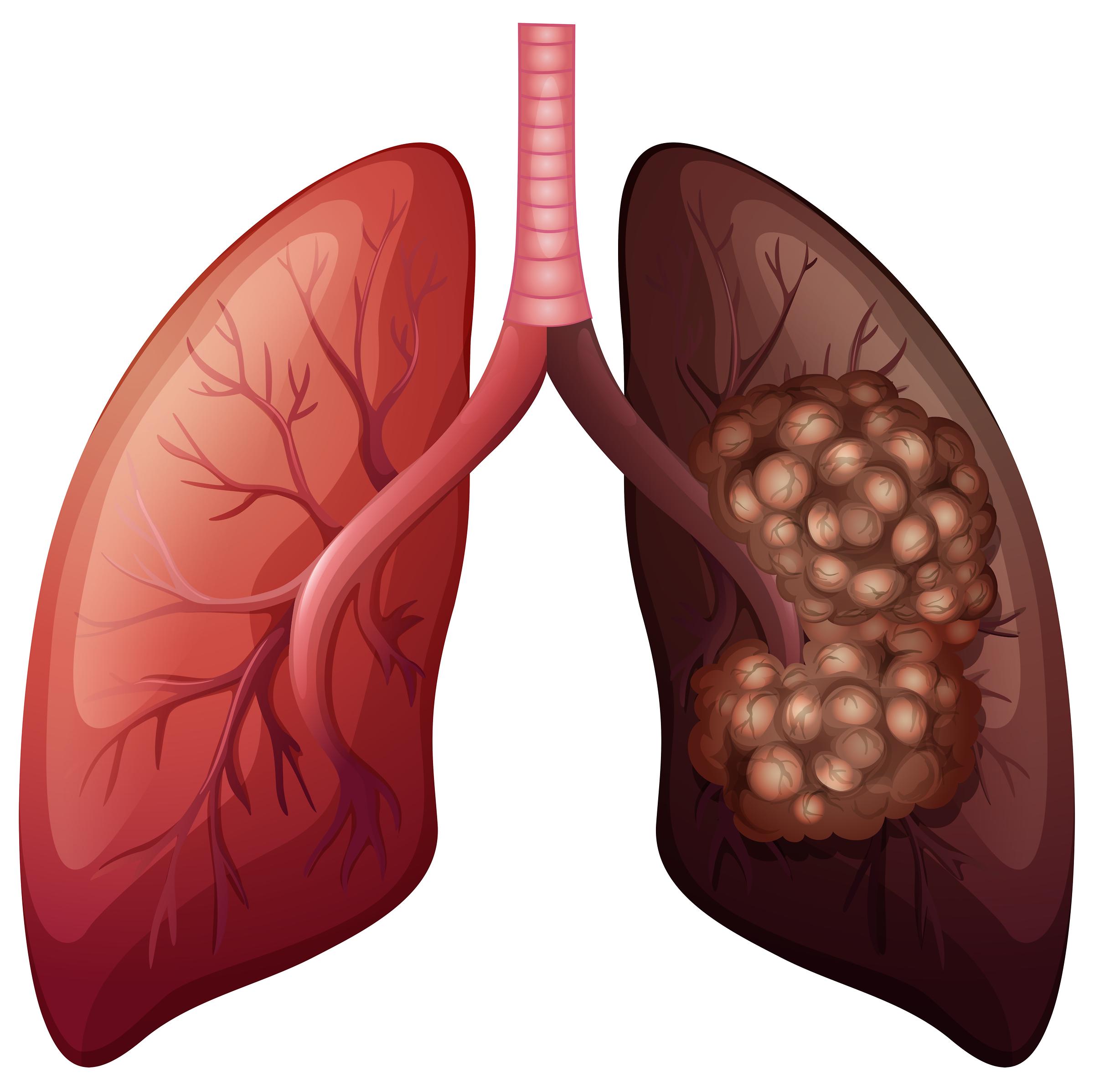- About Ajou
- Admission
- Academics
- Research
-
International
International
- Campus Life
-
News and Event
News and Event
-
AUT
AUT
Major Research Result
NEW New Study Shows How Two-Faced “Cancer Suppressor” Gene May Also be “Cancer Promoter”
- 2021-02-05
- 3916
The NRF2 gene is known to be a cancer suppressor, but perhaps “it is two-faced,” scientists say, paving the way for better cancer research and treatment
The NRF2 gene has been traditionally believed to suppress cancer with its antioxidant properties. However, recent cancer genome analyses suggest that NRF2 activation may, in fact, promote several cancers, including those of the lungs. In a new study, an international joint research team, including Korean scientists, finds evidence of this in mouse models of lung cancer and in data from two large clinical trials. Their findings can help understand cancer better, guiding us towards more effective therapies.

Lung cancer is a leading cause of cancer deaths worldwide, but extensive research is yet to yield a sufficiently effective treatment option. However, now an international research group including scientists from Korea may just have stumbled upon a solution.
Photo Courtesy: Shutterstock
Lung cancer is one of the most dreaded cancers today, given its massively high mortality rate. But while scientists have been trying to find a cure for decades, their efforts have met with little success. “I believe this is because we still don’t understand cancer correctly or fully,” says Prof. Sang-Min Jeon from Ajou University, Korea, who has been researching the roots of cancer. “I think that cancer originates in the microenvironment where toxins are accumulated such that cells that are able to utilize such toxins as nutrients proliferate and become cancerous.”
Led by this belief, Prof. Jeon has recently turned to genes involved in the metabolism of toxins called reactive oxygen species (ROS)—free radicals or unstable atoms that can damage cells with their high reactivity.
One such gene is NRF2, which, when activated, is believed to suppress cancer by reducing ROS. However, recent studies have detected aberrant activation of NRF2 in certain lung cancers, raising the possibility that it may be an “oncogene”—one that helps cause cancer—rather than a “cancer suppressor” gene. In their new study published in Clinical Cancer Research, Prof. Jeon and his international team of scientists confirm this possibility.
In their study, Prof. Jeon and team took genetically modified mice with lung cancer and set out to check for NRF2 mutation. They found aberrant activation of NRF2 and saw that it assists other oncogenes in promoting the cancer, leading to decreased survival, despite reducing ROS toxicity.
The team also analyzed the results of two large-scale human clinical trials, OAK and IMpower 131. Patients with an aberrantly active NRF2 showed poorer response to chemotherapy and immunotherapy and, therefore, had poorer prognosis and a significantly lower survival rate than those without NRF2 activation.
Based on these findings, Prof. Jeon believes NRF2 inhibitors have great potential as therapeutic approaches for lung cancer. “As a next step, we have set up a biotech company called SCL Therapeutics where we are developing first-in-class NRF2 inhibitor drugs for cancer therapy. We are currently actively conducting preclinical trails”, he says.
This study does provide remarkable insights into the driving mechanisms of lung cancer. Perhaps, Prof. Jeon’s hopes will translate to a revolutionary new therapy in the near future, and lung cancer will not be so dreadful after all.
Reference
Authors: | Anju Singh1, Anneleen Daemen2, Dorothee Nickles2, Sang-Min Jeon3,4, Oded Foreman5, Kuladeep Sudini1, Florian Gnad2, Stephane Lajoie1, Naina Gour1, Wayne Mitzner1, Samit Chatterjee1, Eun-Ji Choi4, Buvana Ravishankar6, Amy Rappaport7, Namrata Patil8, Mark McCleland8, Leisa Johnson7, George Acquaah-Mensah9, Edward Gabrielson10, Shyam Biswal1 and Georgia Hatzivassiliou3 |
Title of original paper: | NRF2 activation promotes aggressive lung cancer and associates with poor clinical outcomes |
Journal: | Clinical Cancer Research |
DOI: | 10.1158/1078-0432.CCR-20-1985 |
Affiliations: | 1Department of Environmental Health Science and Engineering, Johns Hopkins University School of Public Health 2Oncology Bioinformatics, Genentech Inc. 3Translational Oncology, Genentech Inc. 4College of Pharmacy and Research Institute of Pharmaceutical Science and Technology, Ajou University 5Pathology, Genentech Inc. 6Cancer Immunology, Genentech Inc. 7Disocvery Oncology, Genentech Inc. 8Oncology Biomarker Development, Genentech Inc. 9Department of Pharmaceutical Sciences, Massachusetts College of Pharmacy and Health Sciences 10Department of Pathology and Oncology, School of Medicine, Johns Hopkins University |
*Corresponding authors’ email: anneleen.daemen@gmail.com, nicklesd@gene.com, sbiswal@jhu.edu
About Ajou University
Founded in 1973, Ajou University has quickly grown to become one of the top universities in the Republic of Korea. With over 15,000 students and 50 research centers in diverse fields, Ajou University partakes in the largest national research and graduate education project funded by the Korean Ministry of Education. In line with its recently reformed vision, Ajou University’s goal is to change society by connecting minds and carrying out high-impact research to improve the welfare of people in and outside Korea.
Website: https://www.ajou.ac.kr/en/index.do
About the author
Sang-Min Jeon is an Associate Professor in the Department of Pharmacy at Ajou University. He is currently involved in cancer research to uncover the origin of cancer from a unique microenvironment-metabolism perspective. His goal is to develop innovative anti-cancer strategies based on the underlying causes of cancer. He is also engaged in the development new anti-cancer drugs through a biotech company that he has recently co-founded. Before coming to Ajou University, he completed his postdoctoral training at the Translational Oncology lab at Genentech Inc. in California, USA. In 2011, he received his PhD in Biochemistry and Molecular Genetics from the Chicago College of Medicine, University of Illinois, USA.
